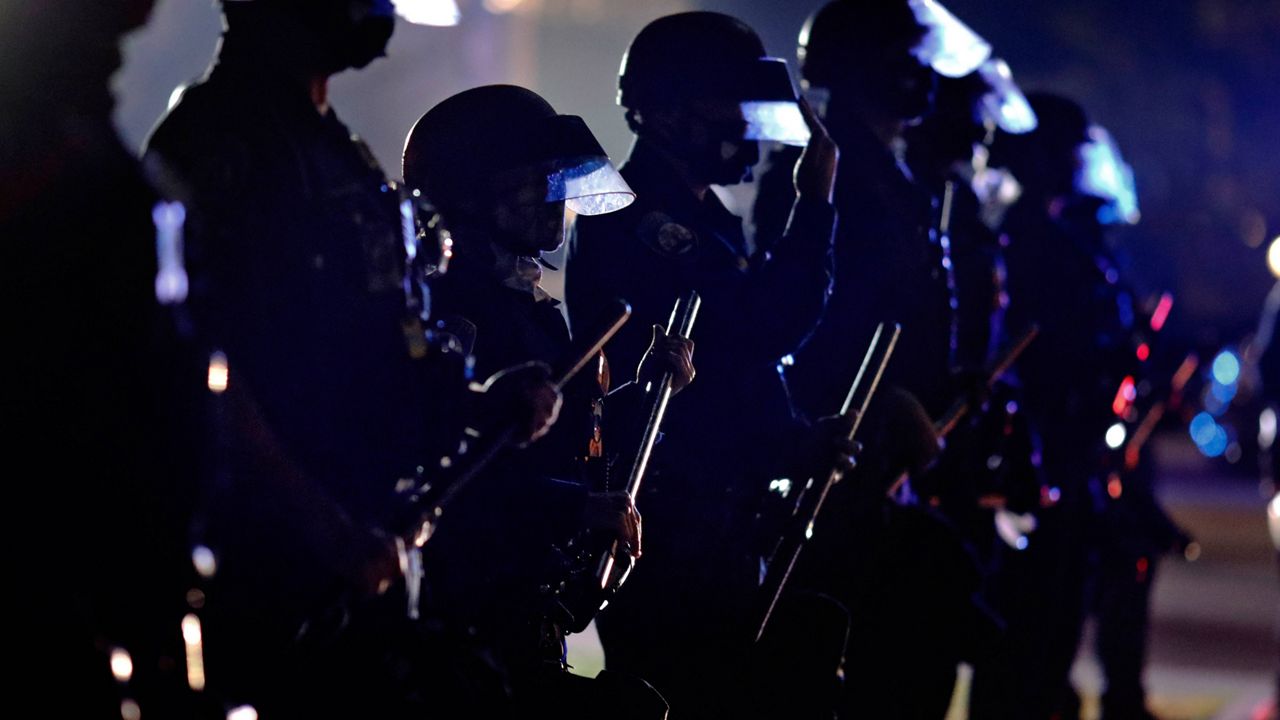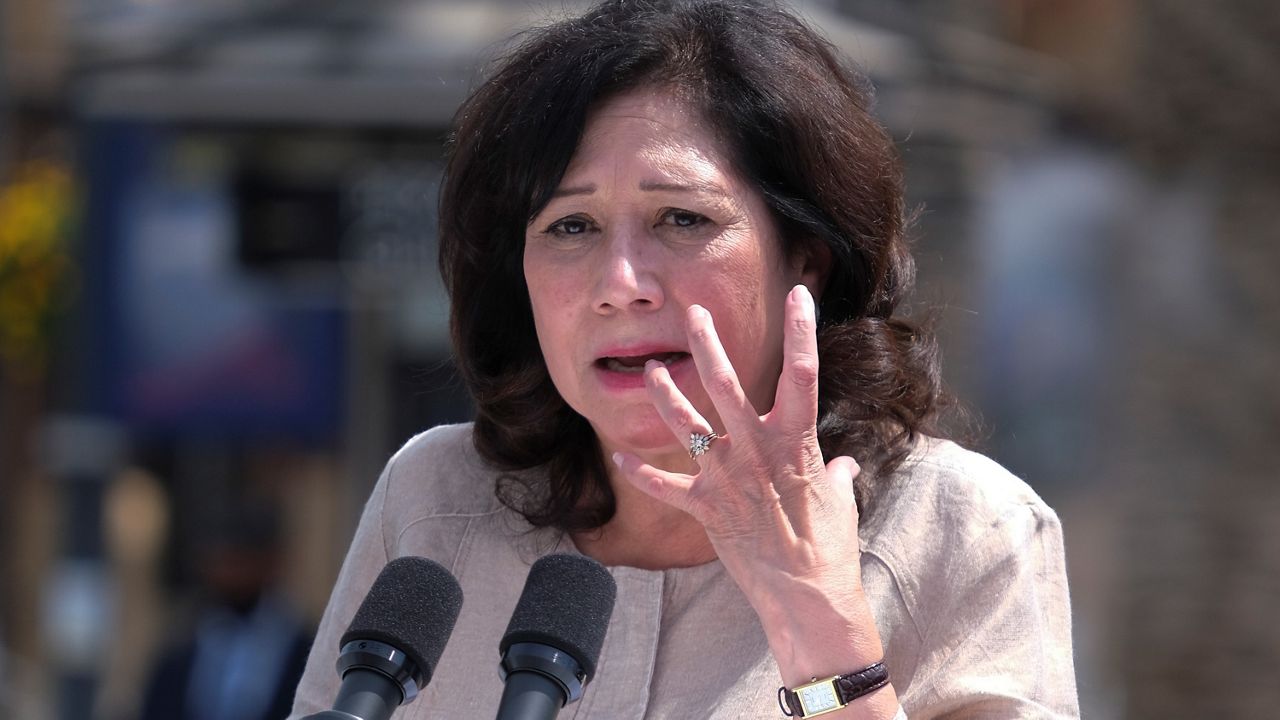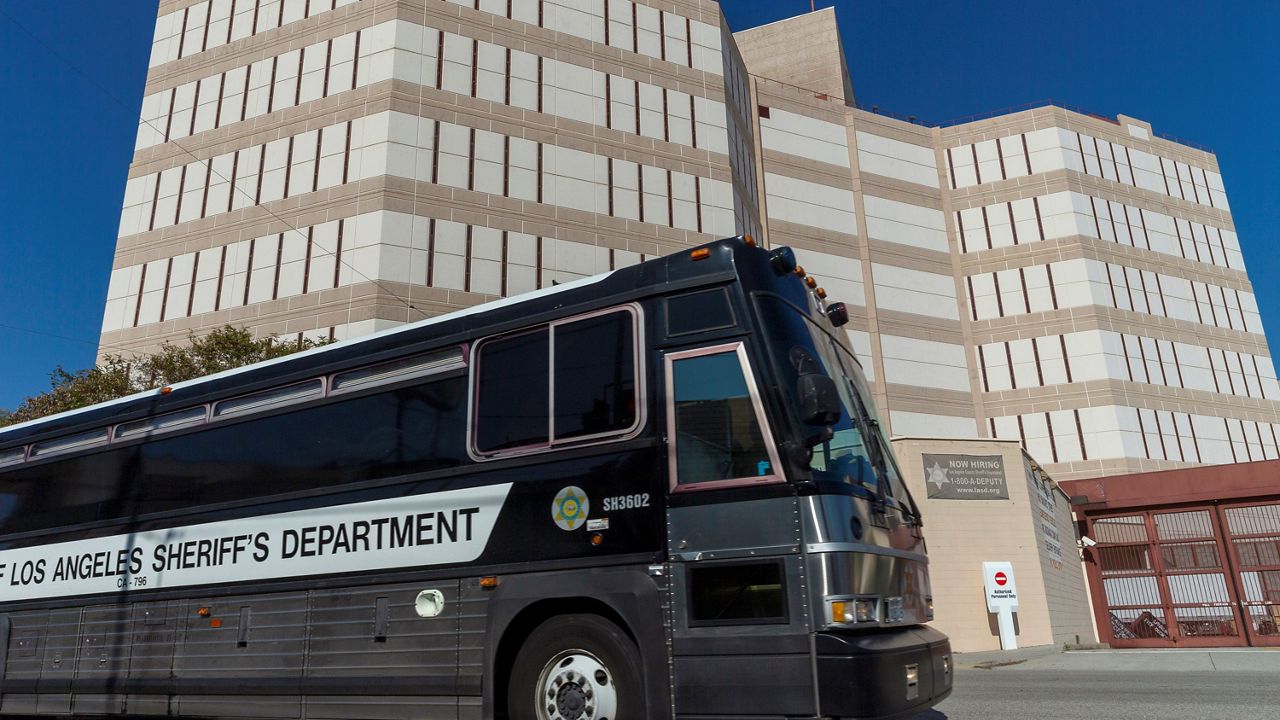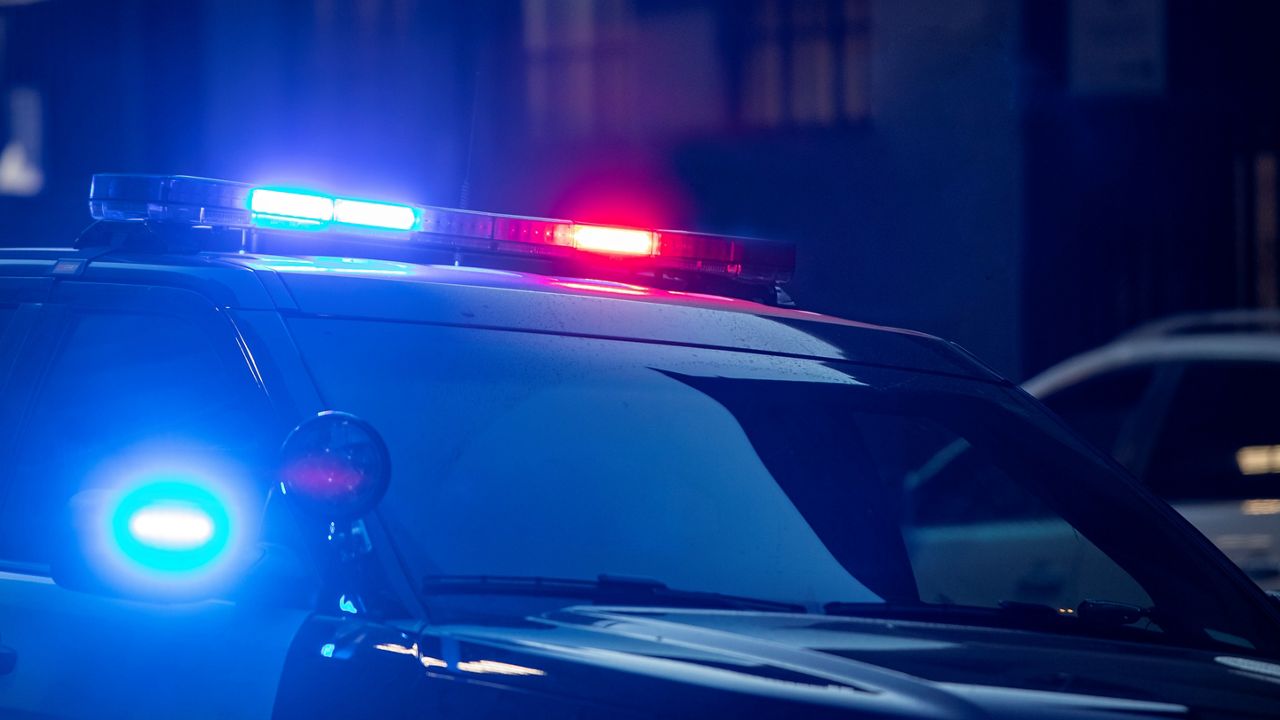LOS ANGELES (CNS) — Ahead of a new California law going into effect on Jan. 1 to ban officers' participation in law enforcement gangs, the Los Angeles Police Commission on Tuesday will vote on approval of its policy banning gang participation.
What You Need To Know
- The new California law, which was enacted through California Assembly Bill 958, requires agencies to maintain a policy prohibiting participation in law enforcement gangs
- The law also cites falsifying police reports, fabricating or destroying evidence and targeting persons for enforcement based on protected characteristics
- In addition, the law includes behaviors toward others in the department, including exclusion, harassment, discrimination and retaliation
- Sixteen percent of 1,608 deputies questioned in a recent survey said they've been asked to join such groups, according to the survey results
The new California law, which was enacted through California Assembly Bill 958, requires agencies to maintain a policy prohibiting participation in law enforcement gangs.
The legislation defines these gangs as groups of officers who identify themselves by a name and may be associated with an identifying symbol, including matching tattoos, and who engage in a pattern of on-duty behavior that intentionally violates the law or principles of professional policing, including through persistent unlawful detention or use of excessive force in situations that are unjustified.
The law also cites falsifying police reports, fabricating or destroying evidence and targeting persons for enforcement based on protected characteristics.
In addition, the law includes behaviors toward others in the department, including exclusion, harassment, discrimination and retaliation.
In a letter to the Police Commission, Los Angeles Police Chief Michel Moore said the department "fully recognizes that participation in any law enforcement gang undermines the Department's mission and core values, and damages the trust between the Department and the communities it serves."
The department's Director of the Office of Constitutional Policing, Lizabeth Rhodes, told City News Service that the department did not already have a policy banning department gang participation because "the LAPD didn't have a problem with this."
Assembly Bill 958, which Gov. Gavin Newsom signed into law on Sept. 30, cites the Los Angeles County Sheriff's Department, which for the past 30 years has been subject to allegations about secret subgroups or gangs of deputies within its ranks, with their members allegedly mistreating both community members and department co-workers.
Various investigations and lawsuits have targeted the claims, prompting the department to establish a recent policy that prohibits behavior that violates the rights of others.
The Los Angeles County Board of Supervisors commissioned the Santa Monica-based think-tank RAND to conduct an independent research project to learn more about how the subgroups are formed, why they exist, what actions might be taken if it is determined that they have a significant impact on the LASD's mission, and whether they have affected community perceptions and trust in the department.
Sixteen percent of 1,608 deputies questioned in a recent survey said they've been asked to join such groups, according to the survey results. The sheriff's department has about 10,000 deputies.
RAND released its study, "Understanding Subgroups Within the Los Angeles County Sheriff's Department," on Sept. 10.
The Los Angeles Police Commission will consider the department policy banning gang participation during its 9:30 a.m. meeting Tuesday. People can watch at https://lapd.zoom.us/s/289225944.










